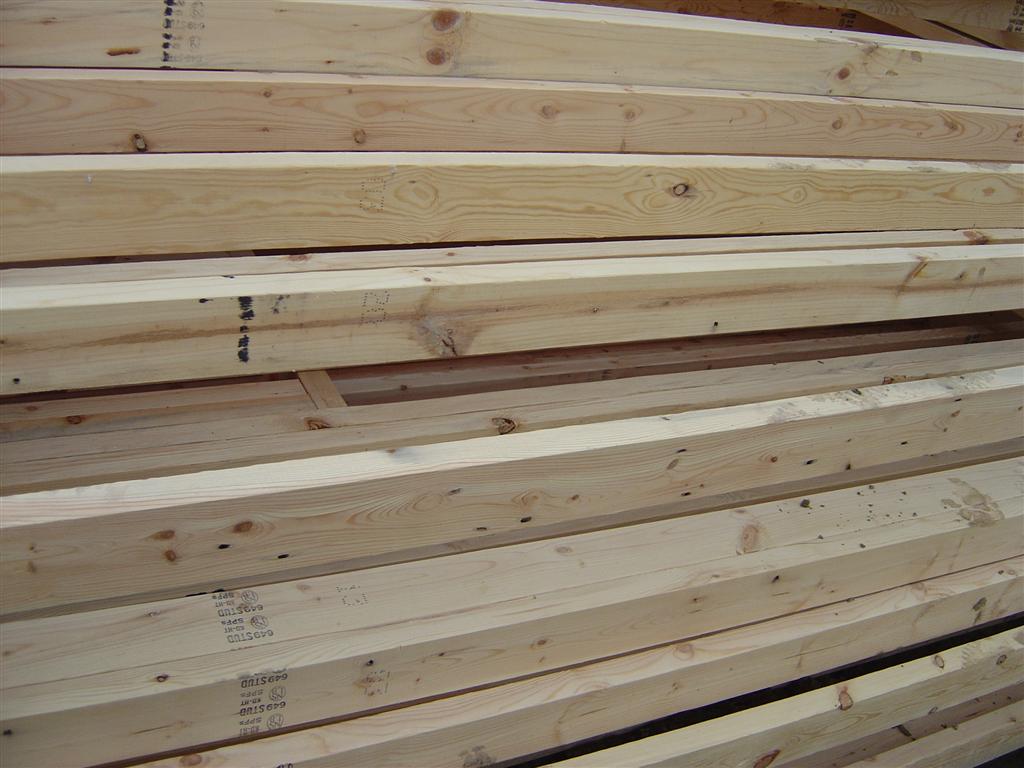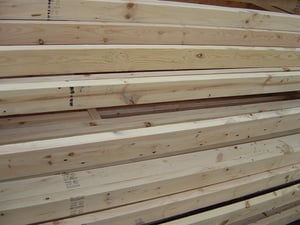
The US Department of Commerce has announced that it will postpone the final decision regarding the anti-dumping and countervailing duties on Canadian softwood lumber until November, which has given Canadian producers a temporary reprieve. The decision had previously been expected in early September after a June announcement of the additional anti-dumping duties, which brought the total duties on Canadian softwood lumber to between 17.41 percent and 30.88 percent.
Addressing the delay, Secretary of Commerce Wilbur Ross said, "I remain hopeful that we can reach a negotiated solution that satisfies the concerns of all parties. This extension could provide the time needed to address the complex issues at hand and to reach an equitable and durable suspension agreement." 
Because the countervailing duty is affiliated with the anti-dumping investigation, that final determination will be announced at the same time. If the Commerce Department determines that US softwood lumber manufacturers have been harmed because of cheaper Canadian softwood lumber imports, anti-dumping and countervailing duties will take effect. If the department finds that US manufacturers have not been harmed, then the investigations will end and no duties will be collected moving forward.
Shifting Dynamics
Canada’s share of the US softwood lumber market fell to 23 percent in July, which is down from 32 percent in September 2015—just before the 2006 Softwood Lumber Agreement expired. Prices have remained high in the US and with the decrease in Canadian imports over the last several months, other foreign producers have taken advantage of the situation and actively filled the lumber gap.
For the first half of 2017, offshore imports of softwood lumber into the US rose 38 percent, while shipments from Canada declined by one percent. According to fresh data via the US Department of Agriculture, Russian shipments are 42 percent higher thus far in 2017, and Russia is not the only country benefiting from the US/Canada trade dispute. A number of European nations have also increased softwood lumber exports to the US in the first six months of the year:
- German softwood imports: +900 percent
- Austrian softwood imports: +178 percent
- Romanian softwood imports: +141 percent
- Swedish softwood imports: +41 percent
The volume of these softwood lumber imports is nothing near traditional Canadian volumes—shipments from Russia totaled 4,214 cubic meters in May, the most since January 2008—but other foreign producers are beginning to tiptoe into the massive North American market. Cumulatively, these countries could have an impact on meeting near-term demand and, long term, could establish supply chains that might make the US a consistently viable destination for their softwood lumber exports.





